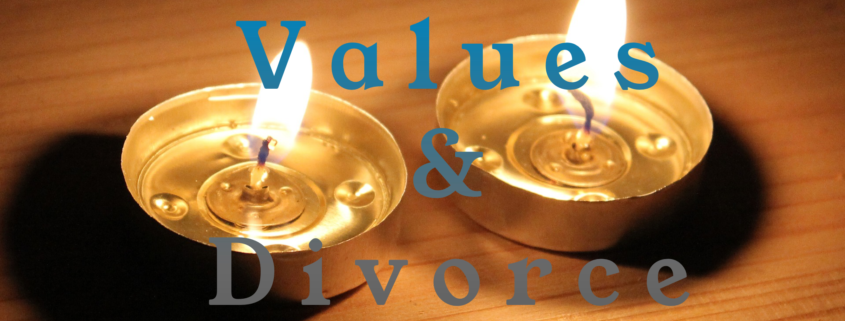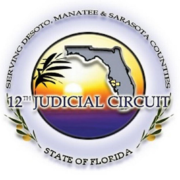Should A Rabbi Help You With Your Divorce?
If you can avoid divorce, you should. Divorce is tough, even under the best of circumstances. Turn to your therapist, your priest, your preacher, your imam, and/or your rabbi to seek help and repair your marriage. But if your marriage is truly irretrievably broken, perhaps your rabbi (or priest, or preacher, or imam) can help you through the marriage dissolution. And the Collaborative Process may be the best forum to help make this happen.
What is the Collaborative Process?
The Collaborative Process is a form of alternative dispute resolution. In the Collaborative Process, you and your spouses each have separate attorneys. The attorneys are there solely for the purpose of helping you reach an out-of-court agreement. This mean that you do not spend any time, energy, or money in courtroom battles or in adversarial proceedings. Collaborative attorneys simply want to help you move forward in your lives as efficiently and amicably as possible without harming your kids.
Additionally, the Collaborative Process is holistic in nature. We oftentimes use outside experts to help deal with aspects of your lives that traditional court-based divorces do not.
Ok, So Where Does The Rabbi Come In?
Your family has your own set of traditions and values. Is faith and religious practice is one of the cornerstones of your family? Then it may be helpful to have clergy involved as part of your divorce process.
A rabbi (or other clergy) can help you develop a parenting plan tailored to your traditions. Whether those traditions include a bar mitzvah or bat mitzvah, baptism, confirmation, or other rites of passage, a member of your faith’s clergy can aid you and your spouse in helping to spread your values to the next generation. Your agreements about how to raise your children in your faith can then be memorialized and ratified in a court order.
Further, your faith may prescribe certain documents, such as a get, or actions, such as the payment of a mahr, to dissolve your marriage. Alternatively, you may need assistance with the attainment of a religious annulment if you wish to later remarry. A clergy member who is part of your Collaborative Divorce team can help you with these.
Keeping Everyone On Their Best Behavior
Divorce can be one of the toughest times of your life. And, like in other times during which people are not feeling well, it is not uncommon for you or your spouse to act out in ways you might not otherwise. Including a rabbi (or other clergy member) in your divorce process can help keep everyone respectful and on their best behavior at all times, even during the most difficult of discussions.
Further, clergy will use their skills to help console you during conversations that will likely be uncomfortable and even sad. Divorce can oftentimes feel like a trauma, or like a death. In many ways, it is the death of a relationship. As rabbis, preachers, priests, imams, and other clergy are used to seeing people in the midst of hardship, their support may be exactly what you need on your Collaborative team to get through your divorce.
Conclusion
If you are considering a dissolution of your marriage, and you want a process that considers and incorporates your values, then your learn more about Collaborative Practice.
And if you are a member of the clergy who is interested in learning how to help, contact us. We would be happy to discuss. Additionally, you can find Introductory Interdisciplinary Collaborative Trainings around the globe at https://www.collaborativepractice.com/community-event-calendar.
Adam B. Cordover is a Collaborative Attorney and Florida Supreme Court Certified Family Law Mediator. Adam is co-author and co-editor of an American Bar Association book on “Building A Successful Collaborative Family Law Practice.” Adam is a member of the Board of the International Academy of Collaborative Professionals and teaches professionals how to offer collaborative services with the Tampa Bay Collaborative Trainers. He has led trainings and workshops on Collaborative Practice throughout the U.S., Israel, and Canada.





